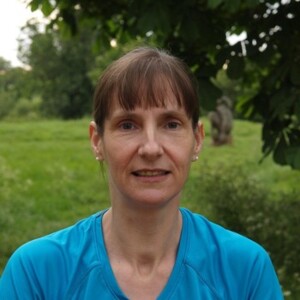Wendy, diagnosed with breast cancer
You reach the stage where you get comfortable with it, so I never for a moment expected the results to come back with something. Then I got a letter telling me that I needed to come back as something had been found, but I shouldn’t worry. It’s hard not to worry when you get a letter like that. I went back for further tests and a biopsy. Things moved quickly. I was given the diagnosis in December and then I was heading for surgery in January.
My treatment was explained to me straight away. They told me that the lump in my breast would need to be removed. Then further tests would determine if I needed more treatment like radiotherapy and chemotherapy.
The surgeon told me a mastectomy was not necessary. At my age, living on my own, I made the decision that I treasured my life more than my body image. Health should always come first. The surgery went very well. I had support from my family and friends, but I was prepared to face things alone at times. I was dropped off for the surgery and everything went smoothly.
I had further tests and then the breast consultant told me that they were happy and that they had got it all and there were no signs that it had spread. The biggest relief for me was finding out that I didn’t need to have chemotherapy."
"I was so lucky that it was picked up at the screening, because if I had to wait until I noticed something, then things could have advanced much further and who knows how things would be different."




